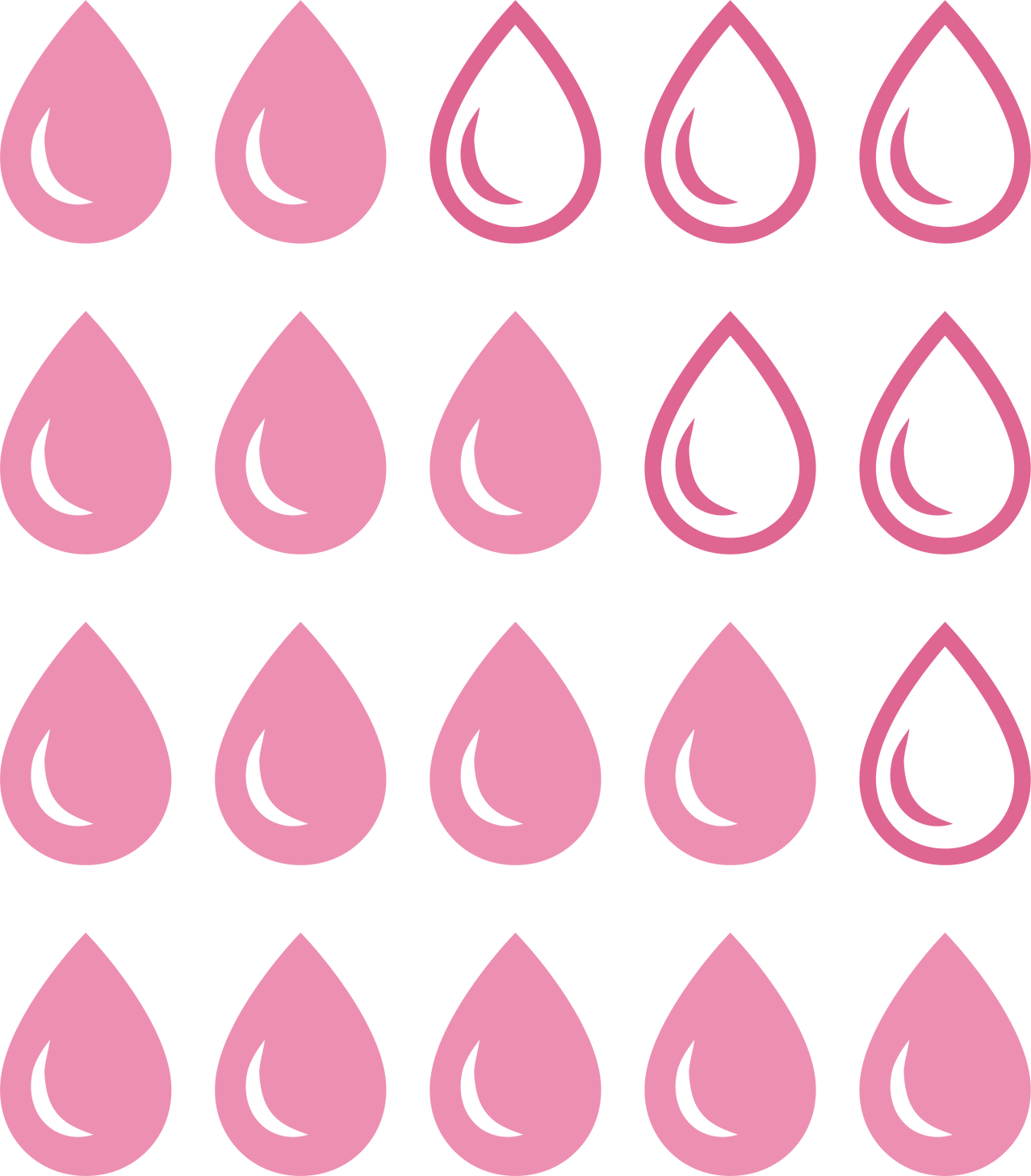

bound
brook
branch

PERIOD POWER


FREE PERIOD KITS INITIATIVE
A quick guide to understanding your period
Created by Laura Curry
Young Adult Librarian
lcurry@sclibnj.org


What products are in this kit?
Sanitary pads: Absorbent pads that stick to your underwear with adhesive strips on the back. Some pads have wings, which fold over the edges in the middle of your underwear for extra protection from leaks.
Tampons: Small plugs with strings that are made of an absorbent cotton material. Tampons are inserted into the vagina to soak up menstrual fluid.
Pantiliners: Thin pads with low absorbency, used to protect your underwear from leaks on lighter days of your period.
Feminine Wipes: These are included as a way to freshen up during your period, or to aid in some post-leakage clean up.
Tampons and pads come in a range of different absorbency or flow levels. The product packaging clearly notes the absorbency levels and sizing of the products and there is usually a chart to help you choose which one is right for you.
- Tampons come in the following absorbency levels: light, regular, super, super plus, and even ultra.
- Pads vary a bit more in terms of length (petite, regular, long, extra long), and absorbency level (light, regular, heavy, extra heavy, overnight, and extra heavy overnight).

More about tampons:
There’s a bit of a learning curve when it comes to using tampons, so don’t feel pressured to start using them as soon as you get your period. For a handy guide on using and inserting tampons safely and comfortably, click on this link here!
It is very important to know that tampons should be replaced after 4 to 6 hours, and should not be left in for over 8 hours. If a tampon is left in for 8 or more hours, there is a slight risk of getting Toxic Shock Syndrome, which is a rare but serious bacterial infection.
Other period products:
While not included in your GRL PWR. period kit, there are other menstrual products out there that can make your periods more comfortable. This includes period underwear and menstrual discs or cups. These options are reusable, which means they are much better for the environment. It is worth noting that menstrual cups or discs also come with a learning curve, and it may take a lot of practice to insert and remove them comfortably and successfully.

“Periods are normal and natural, and the human species would not be here if periods did not exist.”
What causes your period?


Every month, hormones (estrogen and progesterone) cause the lining of the uterus to become thicker with extra blood and tissue. One of your ovaries then releases an egg. This is called ovulation. The egg moves down one of the two fallopian tubes toward the uterus. When the egg is not fertilized, the lining of the uterus breaks down and flows out of the body through your vagina (ACOG, 2022).



What should you expect during your period?
A week or two before your period starts, you may experience PMS (premenstrual syndrome) symptoms.
These may include:
- increased irritability, sensitivity, anxiety or feeling depressed
- bloating, weight gain & sensitive tummy
- fatigue
- food cravings
- breast tenderness, headaches, backaches, joint pain
- acne breakouts (Healthy Women, 2019)
Notable Period Facts:
- While the average age to start your period is 12, some people begin menstruating at 8 or even 16 years old.
- It is normal for your period to last between 2 and 7 days.
- Your body only loses around 3 to 6 tablespoons of blood during your period.
- The average menstruating American will have around 450 periods in their lifetime.
- Over the course of a menstruating person’s lifetime, they will use over 10,000 menstrual products.
- Weight fluctuations, stress, or illnesses can cause irregular periods (longer or shorter periods, more painful periods, or no period at all).
- Scented tampons and pads can cause irritation, skin rashes, and infections.
- It has been proven that period syncing is a myth!

“Periods are not too gross, too weird, or too inappropriate to talk about.”
-ANONYMOUS
How do you relieve period symptoms?
Try these tips to relieve symptoms:
- Breathing exercises, meditation or yoga
- Get plenty of rest
- Eat healthy meals & snacks
- Stay hydrated!
- Take a hot bath or use a heating pad
- Have a cup of tea such as chamomile, peppermint, ginger, or red raspberry leaf
- Take an over-the-counter pain reliever such as acetaminophen or period-symptom specific options like Midol or Pamprin. Make sure to check with your doctor and parents first (Healthy Women, 2019).
If your period symptoms become unmanageable, make sure to talk to your doctor! There are certain signs to look out for that may indicate you are dealing with a medical condition.
Some of these signs include:
- Heavy bleeding
- Excruciating cramps or pain during period
- Irregular periods (spotting, skipped periods, nonstop bleeding)
- Major mood changes
- Migraines
Symptoms like these may be indicators of Polycystic Ovary Syndrome (PCOS), endometriosis, ovarian cysts, Premenstrual Dysphoric Disorder (PMDD), or other medical conditions. To learn more about conditions like these, visit Women’s Health.gov.
Medical doctors recommend that those with female reproductive systems should begin visiting a gynecologist between the ages of 13 and 15 years old, or around the time you begin menstruating. Regular visits to the gynecologist will help you maintain good reproductive health and give you the opportunity to stay on top of everything related to menstruation and your reproductive system (Hirsch, 2021).
Learn more about periods with the following resources and website links.
- Stages of the Menstrual Cycle - A detailed article about menstruation, courtesy of Healthline.
- Menstrupedia - a blog that covers everything you need to know about periods.
- Girls Helping Girls Period Organization - An organization dedicated to putting an end to period poverty through education, donations, and advocating.
- Kids Health.org: All About Periods - offers answers to all the questions you might have about periods.
- Planned Parenthood - Everything you need to know about puberty and periods.

“Menstrual hygiene is not a privilege, it is a right. Period products are not a luxury, they are a necessity.”
What is
Period Poverty?
It is the lack of access to safe and hygienic menstrual products, menstrual health education, and sanitation services due to social, economic, political, and cultural barriers (Geng, 2021).
Examples and statistics on period poverty:
- Nearly 1 in 4 students struggled to afford period products in the U.S. in 2021 (Cardosa, 2021).
- “In Sub-Saharan Africa, 1 in 10 girls is likely to miss school monthly because of their period, leading to them missing 20% of the school year” (Jaafar, 2023).
- “64% of 16.9 million low-income women in the US could not afford menstrual products in the past year. 46% of these women had to choose between menstrual products or food” (Geng, 2021).
- 10% of girls in the United Kingdom have been unable to purchase menstrual products, 15% have struggled to access them, and 19% have switched to less appropriate products because of high costs (Jaafar, 2023).
- An example of an economic barrier that limits access to menstrual products in the United States is the Tampon Tax. 21 states classify tampons and other period products as luxury items, which means sales tax applies to them. States that have a sales tax do not tax items like food and medical supplies because they are viewed as essential, while menstrual products are viewed as non-medical or non-essential items (Jaafar, 2023).
- Many countries have problems creating a safe place for individuals to manage their menstrual products comfortably, which has caused menstruating folks to wear products for long periods of time, which can cause urinary and vaginal infections such as toxic shock syndrome (Jaafar, 2023).
Learn more about period poverty & how to take action with the following resources and website links.
- Period. The Launchpad - Frequently updated website that features resources for menstrual equity activism.
- Ballard Brief Report on period poverty in the United States - Completed in 2023, this report gives a comprehensive overview of period poverty and its impact on menstruating people in the country.
- Period Law - An organization that works to put an end to the tampon tax and make sure that menstrual products are tested for safety.
- Menstrual Information and Research Assistant - Basically a database on all things menstruation, with research from 500+ reliable articles and reports.
- State of the Period 2021 Report - Thinx and PERIOD collaborated on a detailed report of the widespread impact of period poverty on US students.
- I Support the Girls - "A nationwide organization that collects and distributes essential items. This includes bras, underwear, and menstrual hygiene products."
- GirlUp - A worldwide organization dedicated to women’s rights, gender justice and girls leadership.
- Alliance for Period Supplies - an organization dedicated to getting menstrual products to those in need.
- CBS News Video: “The bloody truth about period poverty in America.”
- YouTube Video by the National Library of Medicine on Period Poverty.

“Society has placed a taboo surrounding periods and menstrual health as if we should be ashamed of this natural and miraculous process that ultimately kept the human species alive.”
-Tracy Lockwood beckerman
What is
Period Stigma?
Period stigma refers to any form of negativity or discrimination against those who menstruate. It is the sense of shame, embarrassment or hesitation to discuss periods (Resnick, 2021).
Period stigma is prevalent all around the world. It manifests in accusations that a person is "PMS-ing" or menstruating if they are perceived to be acting sensitive or short-tempered. Period stigma is how many cultures view menstruation as dirty or as something to hide. And it can be seen in the code words that we often use to refer to our periods like "Aunt Flow" or "shark week." We need to talk about menstruation in a straightforward way to put an end to the idea that it isn't acceptable to discuss it plainly (Resnick, 2021).
Examples of Period Stigma that
ARE COMPLETELY FALSE AND ABSOLUTELY RIDICULOUS:
- You are unclean or impure when you have your period. FALSE!
- It is taboo to have physical romantic contact with a menstruating individual during their period. FALSE!
- Using tampons causes one to lose their virginity. FALSE!
- Periods should not be discussed in school or the workplace. FALSE!
- Menstruating people must be isolated from others by sleeping and living separately from their family until the end of their period. FALSE!
Learn more about period stigma and how to challenge it with the following resources and website links.
- NBC News: Breaking Down the Stigma of Menstruation.
- Shape Magazine: Why You Absolutely Need to Care About Period Poverty and Stigma, My Take Series with Nadya Okamoto.
- Netflix: Period. End of Sentence Documentary, watch on YouTube.
bibliography
Cardoso, L.F., Scolese, A.M., Hamidaddin, A. et al. Period poverty and mental health implications among college-aged women in the United States. BMC Women's Health 2021, https://bmcwomenshealth.biomedcentral.com/articles/10.1186/s12905-020-01149-5#citeas.
Geng, Caitlin. “What to Know about Period Poverty. Medical News Today, 2021, https://www.medicalnewstoday.com/articles/period-poverty#what-is-it.
Hirsch, Larissa. When Should My Daughter First Go to the Gynecologist? Nemours KidsHealth, 2021, https://kidshealth.org/en/parents/first-gyn-exam.html.
“Normal Periods: Symptoms of Menstruation.” The Society of Obstetricians and Gynaecologists of Canada, 2023, https://www.yourperiod.ca/normal-periods/symptoms-of-menstruation/.
Resnick, Ariane. “What is Period Stigma?” Verywell Mind, 2021, https://www.verywellmind.com/what-is-period-stigma-5116231.
“Your Daughter’s First Period: How You Can Help.” Healthy Women, 2019, https://www.healthywomen.org/content/article/your-daughters-first-period-how-you-can-help.
“Your First Period.” American College of Obstetricians and Gynecologists, 2022, https://www.acog.org/womens-health/faqs/your-first-period.

A special thanks to:
Somerset County
Youth Council
The Somerset County Youth Council helps middle and high school students establish strong leadership skills through community service and the development of programming ideas for the community.
youthcouncil@co.somerset.nj.us
4-H
Somerset Senior Council
The 4-H Somerset Senior Council is a youth club devoted to leadership and community service in the local area. We focus on making a difference as we take on projects and community needs with a team of diverse teens.
https://4histops.org/senior-council
I Support
the Girls
"A nationwide organization that collects and distributes essential items. This includes bras, underwear, and menstrual hygiene products. Having these essential items allows women experiencing homelessness, impoverishment, or distress to stand tall with dignity."
THANK YOU for being an integral part of this project by running period product drives to turn these period kits into a reality. Your efforts help to empower girls all over the world.
Get in touch!
If you want to become a part of this initiative by running period product drives, donating, or earning volunteer hours for putting together period kits, reach out to Laura via email or phone.
908-458-8430
lcurry@sclibnj.org